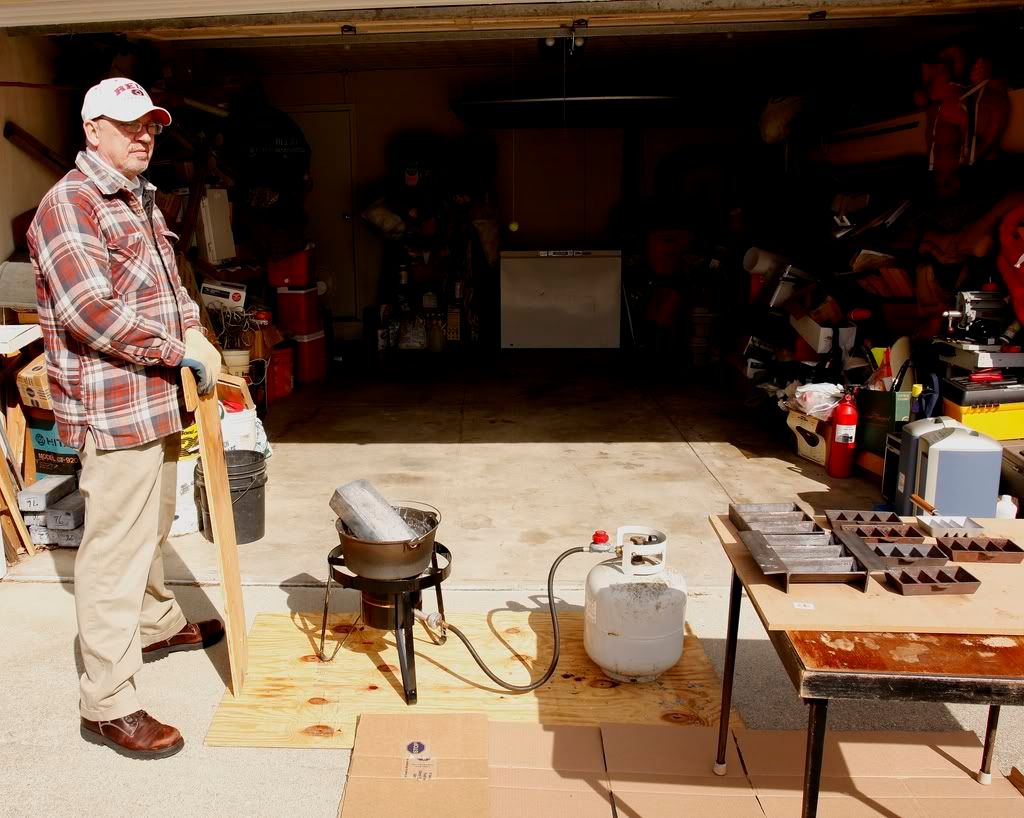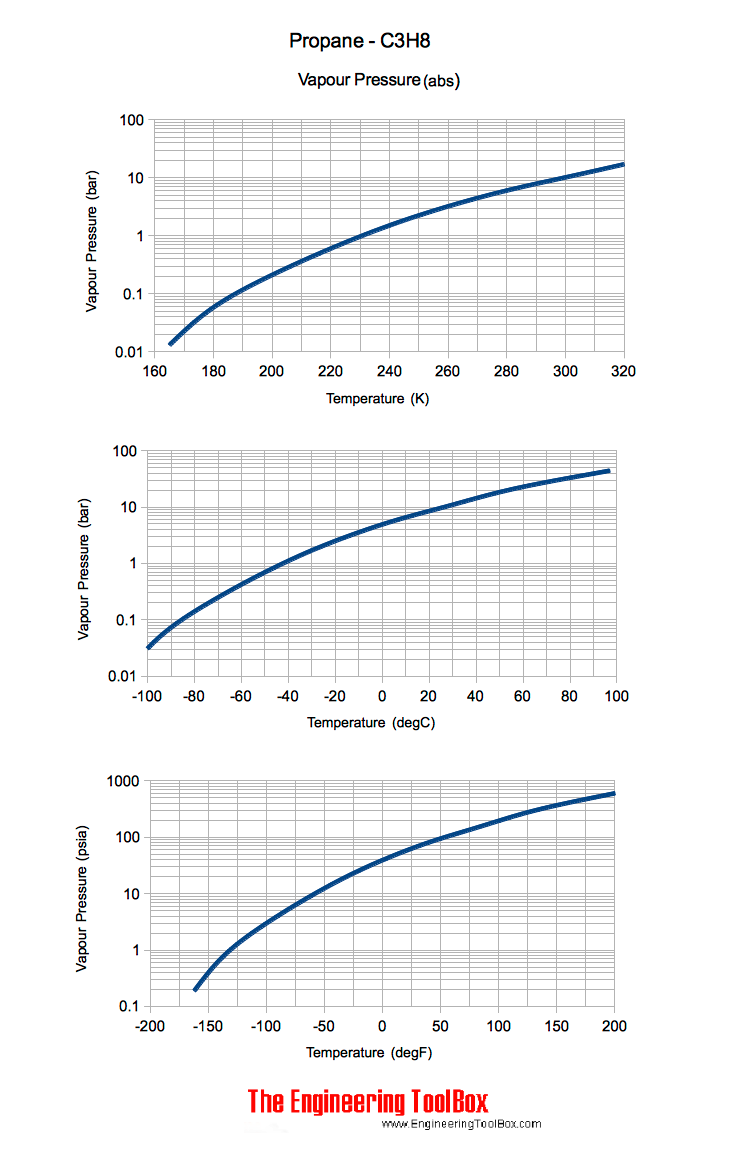Ive built a bottom pour pot out of a 12 inch piece of steel pipe put a good steel bottom in it. My problem is i cant keep it hot enough on my turkey cooker with just a regular grill regulator. I've decided im going to have to buy an adjustable regulator but dont know what pressure i need to run it at anyone have any suggestions or better ideas.
Thanks
Tony

|
   
   
|

|




 Reply With Quote
Reply With Quote
















